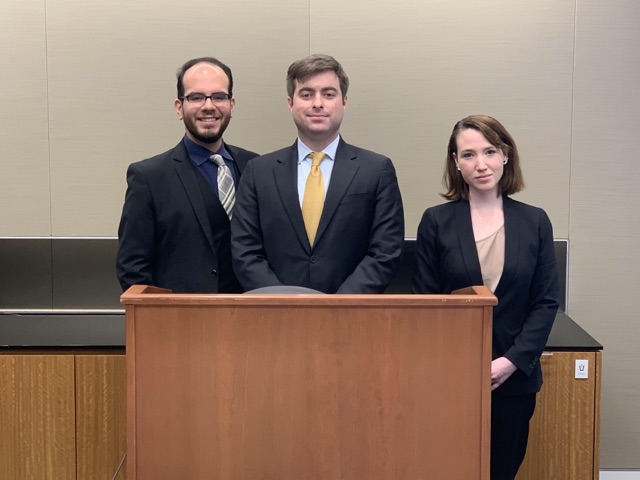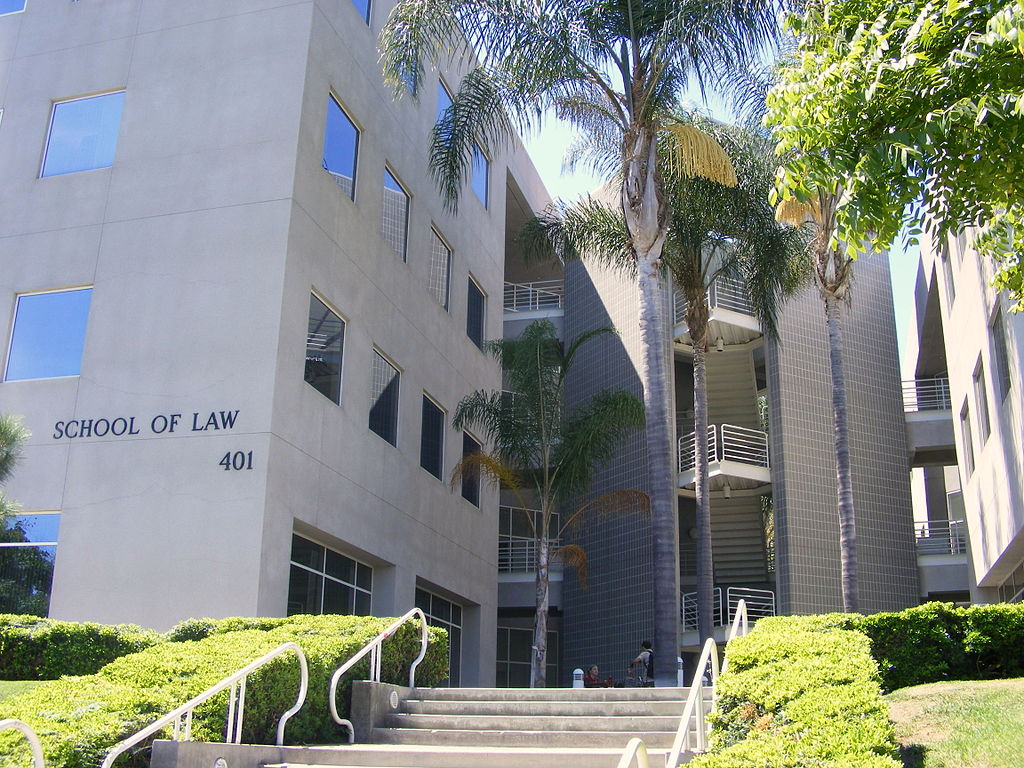Note: A version of this post originally appeared on the UC Irvine Intellectual Property, Arts, and Technology Clinic website.
Students at the UC Irvine School of Law won release of hundreds of documents that will shed light on the county’s payments of millions of dollars to victims who sued the Los Angeles Sheriff’s Department and District Attorney’s Office for misconduct over nearly a decade.
“This is a huge win for the public,” said UCI Adjunct Clinical Law Professor Susan E. Seager in an announcement of the settlement. Professor Seager supervised the law students who sued the county for the documents and reached a settlement requiring release of the documents. “For the first time, the public will be able to see a huge database of documents revealing the names of deputies, prosecutors, and investigators who have been sued in court for breaking the law and the county paid the victims millions of dollars.”
“The documents should also provide details on the allegations against the employees and findings by a jury or judge,” Seager said.
The law school clinic informed the court of the settlement in a court filing Dec. 8.
UCI law students worked on the case for over two years on behalf of their client, the nonprofit Human Rights Defense Center, publisher of Prison Legal News. The students sued the county in Los Angeles County Superior Court earlier this year, claiming the county’s refusal to release the documents violated the California Public Records Act.
UCI law student Dane Brody led the school’s litigation team, with support from students Jenna Cowan and Thomasin Bernhardt, negotiating the settlement with the county’s outside lawyers and attending several virtual court hearings with Professor Seager.
“Having the opportunity to represent HRDC and negotiate with the county throughout the semester to obtain a favorable settlement agreement has been one of the most memorable and rewarding experiences during my time at UC Irvine School of Law,” Dane said. “The work I have done with the clinic has really allowed me to step into the shoes of a practicing attorney, and I look forward to carrying on a robust pro bono practice in my own career in the future.”
The students provided free legal services to the publisher of Prison Legal News, as well as for other independent and nonprofit journalist organizations and open government groups, as part of their work in the Press Freedom and Transparency practice in the law school’s Intellectual Property, Arts, and Technology law clinic.
Human Rights Defense Center Executive Director Paul Wright said the settlement will give the public crucial information about these payouts. “Taxpayers have a right to know what police and jail abuse is costing them in terms of money as well as the human cost,” Wright said. “We hope that making the information publicly available will inform the public on where their tax dollars are going and the need for progressive change in both policing and jail management alike.”
From 2019 to 2021, UC Irvine law students Madeline Knutson, Myles West, Roxanne Markus, Hedyeh Tirgardoon, and Bria Watson sent numerous letters asking the county to voluntarily release the documents under the Public Records Act, conducted negotiations, and performed other work on the case. After the county repeatedly refused to release the documents, law student Sabrina Victor and Benjamin Whittle drafted the lawsuit and the clinic filed it on April 29, 2021.
The lawsuit, Human Rights Defense Center v. County of Los Angeles, Los Angeles Superior Court Case No. 21STCP01342, alleged that the county violated the state’s Public Records Act by refusing to turn over a decade of its settlement agreements resolving administrative claims and lawsuits against the Sheriff’s Department and District Attorney’s Office. The lawsuit said that the county was required to turn over copies of the claims, lawsuits, jury verdicts, and court judgments for each settled case under the Public Records Act. Under the settlement, the county will release nearly all the documents sought by the Human Rights Defense Center, dating from 2013 to present. The organization had been asking for the records for the past 10 years without success until the law clinic stepped in.
The county told the law students that it would be an “undue burden” for the county to locate all the documents, and that they should go to court and look up the hundreds of lawsuits. But the lawsuit argued that the public has a right to get copies of the documents already collected by the county. Seager said that the settlement agreements are not typically filed in court and could only be obtained from the county.
At the first hearing on the case on August 5, 2021, Los Angeles Superior Court Judge James Chalfant told the county that it didn’t have a very strong undue burden defense, and the two sides immediately began settlement talks, Seager said.
Judge Chalfant signed an order last week stating that he will maintain jurisdiction over the case until the county finishes releasing the documents, which is expected to take nine months.
“It’s a shame that we had sue the county to get these documents,” Seager said. “We call on the Los Angeles County Board of Supervisors to start posting all county settlement agreements and related court documents involving the Sheriff’s Department and DA on a public website to put government transparency into practice.”
The county admitted no wrongdoing, but agreed that the Human Rights Defense Center is the “prevailing party,” which means that the county is required to reimburse the Human Rights Defense Center’s and the UCI law clinic for their attorney’s fees and costs after all the documents are produced. The amount of the attorney’s fees and costs has not been settled.
Prison Legal News, which is distributed to prisoners across the nation to provide education about prisoners’ legal rights, plans to publish the settlement agreements and related documents online so that the public can have easy access.
The documents will be made publicly available on two Human Rights Defense Center websites: www.prisonlegalnews.org and www.criminallegalnews.org.








